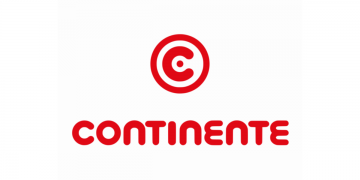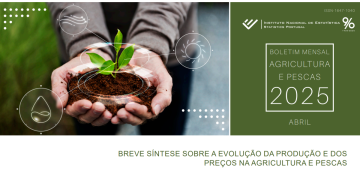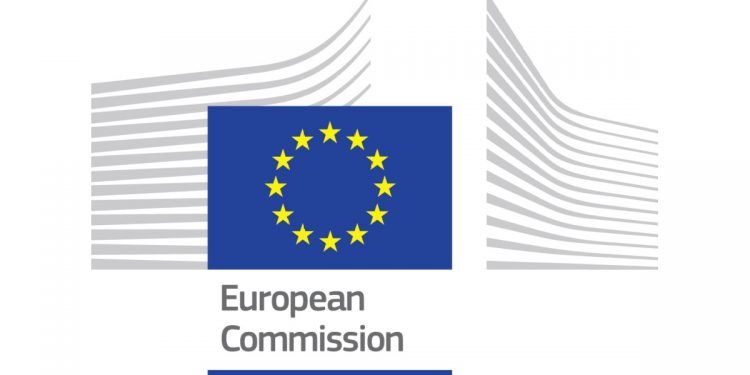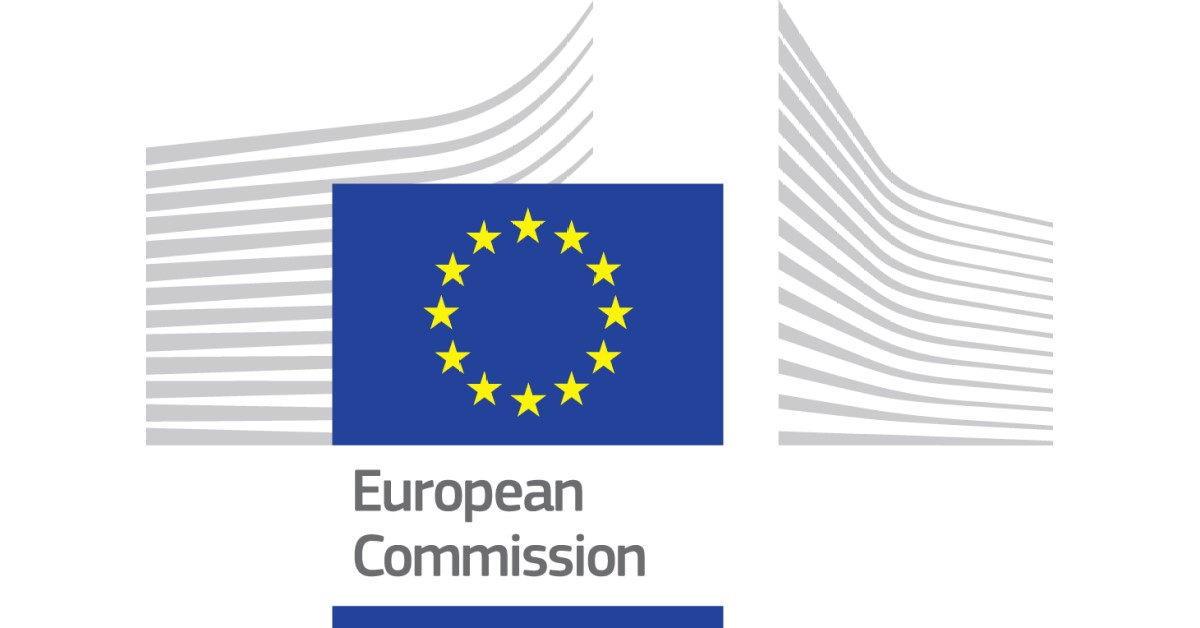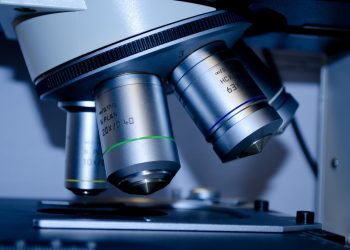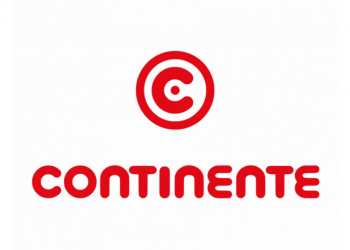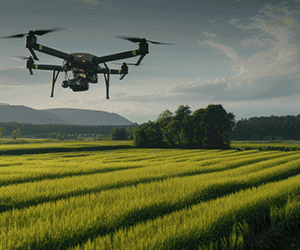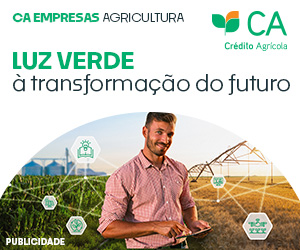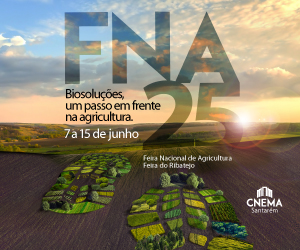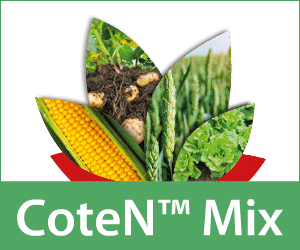- Why is the Commission proposing a Vision on Agriculture and Food now?
New unprecedented challenges, including growing geopolitical tensions and more frequent extreme weather events have created a new landscape for Europe’s agri-food sector. These challenges are intensifying existing structural trends such as overall lower income and profitability, further straining the resilience of the sector.
This means that, more than ever, there is a need for a forward-looking vision and policy response for the sector that addresses this changing situation in a coherent manner across different EU policies.
This mandate will be key to ensuring the long-term competitiveness, resilience and sustainability of our farming and food sector. As such, the Commission is presenting a Vision for Agriculture and Food that serves as a shared roadmap for the years to come. It outlines a vision for 2040 and guides future policy discussions in a broad set of strategic issues for agriculture and food. At the beginning of the new mandate, this Vision provides predictability for the agri-food sector and aims to make it attractive, competitive, and resilient as a key part of Europe’s economy.
- What are the main initiatives announced by the Vision?
The Vision outlines several main initiatives for four priority areas. The Commission will closely engage with all stakeholders to deliver on:
- An attractive sector that ensures a fair standard of living and leverages new income opportunities (e.g. reviewing existing legislation on the food supply chain, presenting a Generational Renewal Strategy)
- A competitive and resilient sector in the face of global challenges (e.g. implementing a fairer level playing field for EU farmers in relation to the rest of the world, presenting a package of simplification measures, presenting a long-term vision for the livestock sector and a protein plan)
- Future-proofing the agri-food sector that works hand in hand with nature (e.g. streamlining and enforcing existing legislation, accelerating access to biopesticides, launching an on-farm sustainability compass to measure progress and simplify reporting)
- Valuing food and promoting fair living and working conditions in vibrant rural areas (e.g. updating Rural EU Action Plan, setting up an Annual Food Dialogue, reviewing the EU legislation on animal welfare, strengthening the role of public procurement).
Uptake of research, innovation and digitalisation, together with the required skillset, are key requirements to make the sector even more competitive. The Commission will launch an EU Digital Strategy on agriculture to enable the transition towards a modernised farming and food sector.
- Does the Vision present what the CAP post-2027 will be?
The Vision is the Commission’s reflection on the future of EU agriculture and food. In this sense, it frames the Commission’s work for this entire mandate across all policy areas related to agriculture and food, including the direction of travel for the future CAP. The public support through the CAP remains essential to support farmers’ income.
The future CAP will define a clearer balance between regulatory and incentives-based policies affecting farmers. The Commission will orient the future CAP away from conditions to incentives.
In line with the overall approach to the future MFF proposals, there is a need to further streamline how the CAP policy is implemented. The future CAP will rely on basic policy objectives and targeted policy requirements, while giving Member States further responsibility and accountability on how they meet these objectives.
Further details on the future CAP post-2027 will be presented later this year once the impact assessment process is completed, as part of the proposals on the next multi-annual financial framework.
- Will EU farmers continue to receive income support from the CAP?
In her political guidelines, President von der Leyen has made it clear that there must be an EU income policy for European farmers. There is also a need to work towards a fairer distribution of public support. Future CAP support will be more directed towards farmers that actively engage in food production, towards the economic vitality of farms and the preservation of our environment.
The Communication acknowledges the special situation of small farms that should benefit from streamlined support. Furthermore, the aim is to direct the support further towards those farmers who need it most, with a particular attention to farmers in areas with natural constraints, young and new farmers, and mixed farms. The approach should also consider prioritising production of agricultural products which are essential for the EU’s strategic autonomy and resilience. Enhanced use of measures such as degressivity (reduction of payments) and capping will be considered, taking into account different structural and sectorial realities of Member States.
At the same time, all farmers should also continue to benefit from instruments such as payments for ecosystem services that will be streamlined and simplified, as well as investment support, and crisis and risk management tools.
- How does this Vision take into account the current discussions on the multiannual financial framework (MFF)?
The MFF Communication of 11 February 2025 recognizes the importance of food security and nature protection to sustain Europe’s quality of life but also specific sectorial difficulties.
The Vision provides a long-term policy perspective on EU agriculture and food that is in line with ongoing reflections on the future MFF. To ensure the continuation of farming that attracts future generations of farmers across the EU, public support through the CAP remains essential to support farmers’ income.
- How is the EU agri-food sector expected to combine the protection of natural resources with food production?
Farming is about working with nature. Food production is based on, and inextricably linked to, nature and ecosystems. At the same time, the ecological transition must carefully integrate economic and implementation challenges, as well as the need for a just transition in social terms.
The Commission remains convinced that agriculture and the protection of the natural world can go hand in hand, while providing promising opportunities for the farming sector, including voluntary instruments that could unlock additional sources of income for farmers, like carbon credits and nature credits.
In this context, we must support an agriculture that works for, and with, nature through well-tailored and targeted solutions, including both new technologies and nature-based approaches. Importantly, farmers need proper support to adopt and invest in more nature-friendly practices. This requires mechanisms that reward them for the ecosystem services that they deliver.
The Commission will help develop an on-farm sustainability compass, a voluntary benchmarking tool, to simply sustainability reporting requirements for farmers and enable them to showcase their progress.
Farmers and agri-food producers also need a more advanced toolbox with nature-friendly solutions. The Vision therefore proposes to accelerate the access to sustainable alternatives, such as biopesticides, to the market.
- How does the Commission intend to improve fairness in the food supply chain?
Farmers must get a better revenue from the market, enabling them to make the necessary investments to future-proof and render their farms more resilient. A prerequisite for this is that current imbalances in the food chain are corrected.
First steps have already been taken to rebalance the positions and facilitate the proper enforcement of rules tackling unfair trading practices. The targeted amendments to the Common Market Organisation (CMO) Regulation and stronger rules on cross-border enforcement of the Unfair Trading Practices (UTP) Directive are expected to give greater transparency and facilitate cooperation among farmers, enhancing efficiency and fairness.
In the next step, the Vision announces that unfair trading practices will be further investigated, together with an analysis of national regulations regarding selling below costs of production, which will inform the Commission’s work on reviewing the unfair trading practices rules. Lastly, a key element to stimulate trust and fairness is transparency about how costs and margins are formed and shared in the food chain. The Commission will further enhance transparency along the food chain, including through the new Agrifood Chain Observatory (AFCO). This will draw up and publish indicators related to the formation of prices in the food chain to guide further action.
- What steps will be taken to reduce red tape for farmers and food producers?
In the second quarter of 2025, the Commission will propose a comprehensive simplification package of the CAP. This package will contribute to reducing red tape. It will focus on on-farm simplification, streamlining requirements and support for smaller and medium-sized farms, and boosting competitiveness.
This year, the Commission will also deliver a cross-cutting legislative simplification package focused on simplification at farm level and for food and feed businesses from policy areas other than the CAP.
- How does the Commission intend to implement a fairer level playing field for EU farmers towards the rest of the word?
The Union approach to a fairer global level playing field will consist of two-fold action that must go hand in hand: strengthening global and bilateral cooperation and designing a domestic framework that makes the EU agri-food sector more competitive.
As regards cooperation, the EU will continue working in the Team Europe approach with our partners and key International Organisations such as the FAO, WTO and Codex, for a stricter implementation of internationally agreed commitments and the raising of global standards. Likewise, the EU will reinforce existing bilateral agricultural policy dialogues and establish new Agrifood policy partnership dialogues with key partners.
Regarding competitiveness, the EU will be more assertive in promoting and defending strategically the exports of EU products. Likewise, it will pursue a stronger alignment of production standards applied to imported products, notably on pesticides and animal welfare. The Vision states that, as a principle, the most hazardous pesticides banned in the EU for health and environmental reasons should not be allowed back to the EU through imported products. This also responds to calls from citizens, civil society, farmers’ organisations and political institutions. The first step will be an impact assessment this year to determine the possible need for legal changes in the current regulatory framework, also taking into account the implications on competitiveness and at international level.
To address potential risks of unfair competition and unlawful unilateral action against the EU agri-food sector, the Commission will develop a Unity Safety Net to protect the sector from economic coercion.
- What does the Vision envisage to promote nutritious food?
Consumers have an important role to play in the transition towards more sustainable and resilient food systems. Experience confirms that local authorities are often well placed to lead engagement on how to shape favourable food environments through local initiatives. In this context, every year the Commission will hold a Food Dialogue with the food system’s actors, including consumers, primary producers, industry, retailers, public authorities and civil society. This will help discuss and find solutions for critical issues such as investments, food affordability, diet and innovation in an inclusive manner.
This dialogue will be the forum to exchange good practices implemented across Member States to promote community-led initiatives, as well as EU and national instruments available for the most vulnerable households and addressing pressing issues such as food reformulation and food affordability, just to name a few. At the same time, the Commission will come forward with a legal proposal to strengthen the role of public procurement, together with a targeted review of the EU school scheme to strengthen its education dimension.
The Commission will also launch a study on the impact of the consumption of so-called “ultra-processed foods”.
For more information
Press release – Commission presents its roadmap for a thriving EU farming and agri-food sector
O artigo foi publicado originalmente em European Commission.

